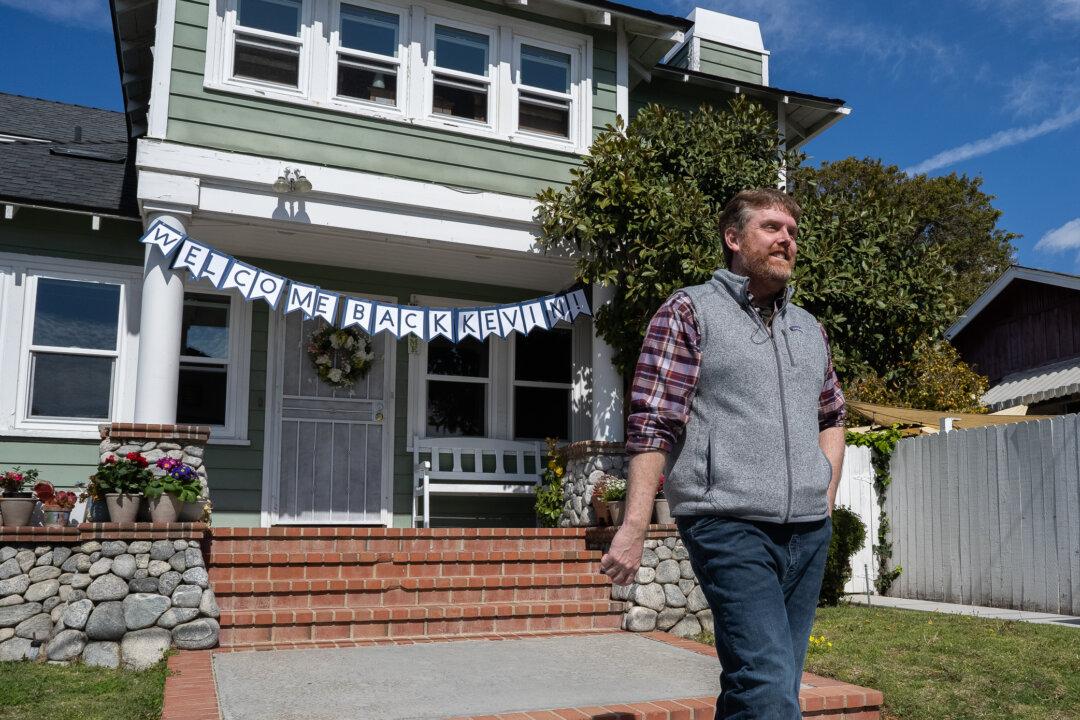Thirty years after his unexpected stay at a local youth short-term shelter in Laguna Beach, Calif., a now grown and successful man returned March 6 to thank those who he said helped him rebuild his life.
Kevin Doar, at 16, was admitted to the Waymakers’ youth shelter for two months in the early 1990s after escaping an abusive household, he said.




